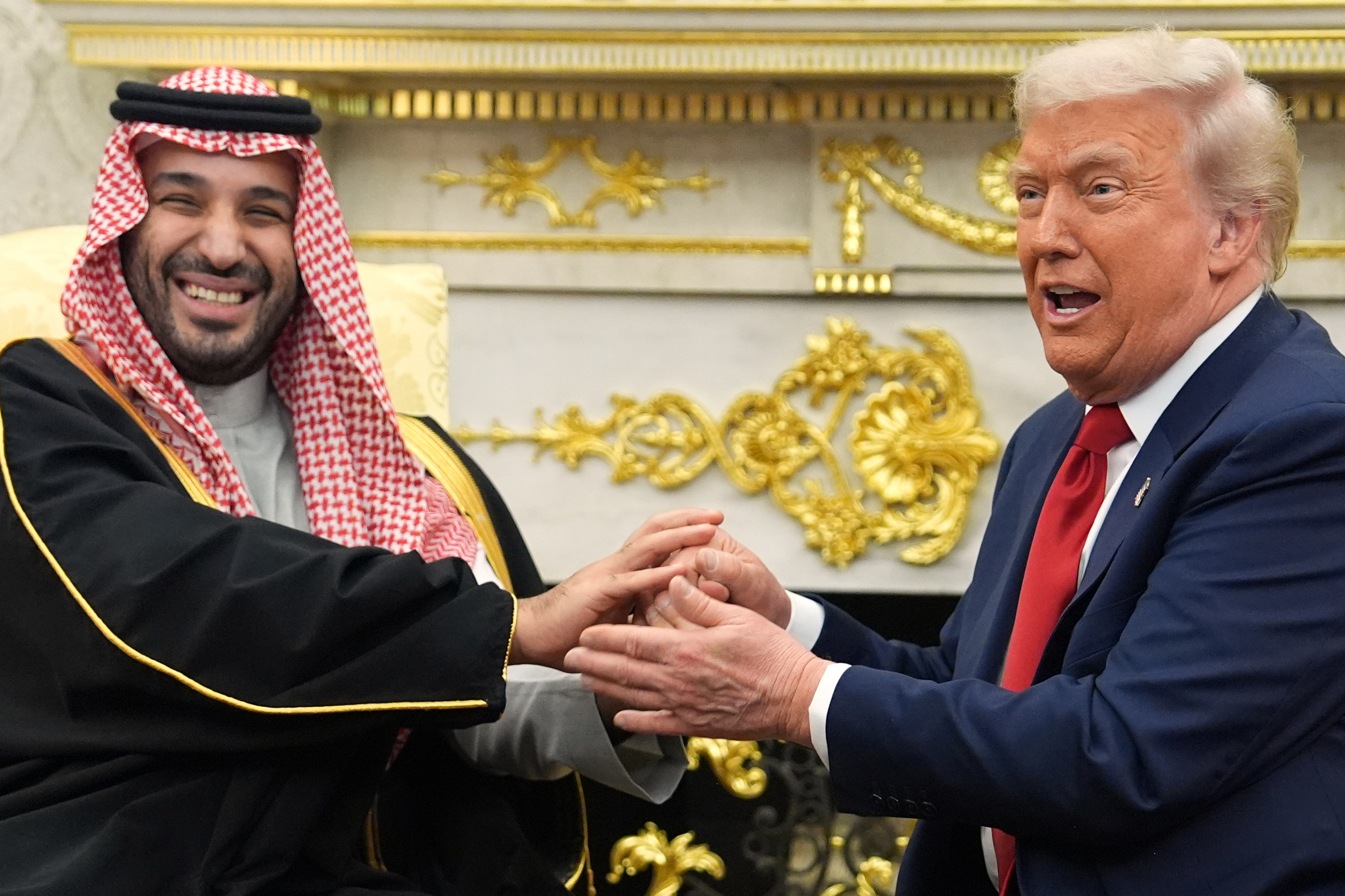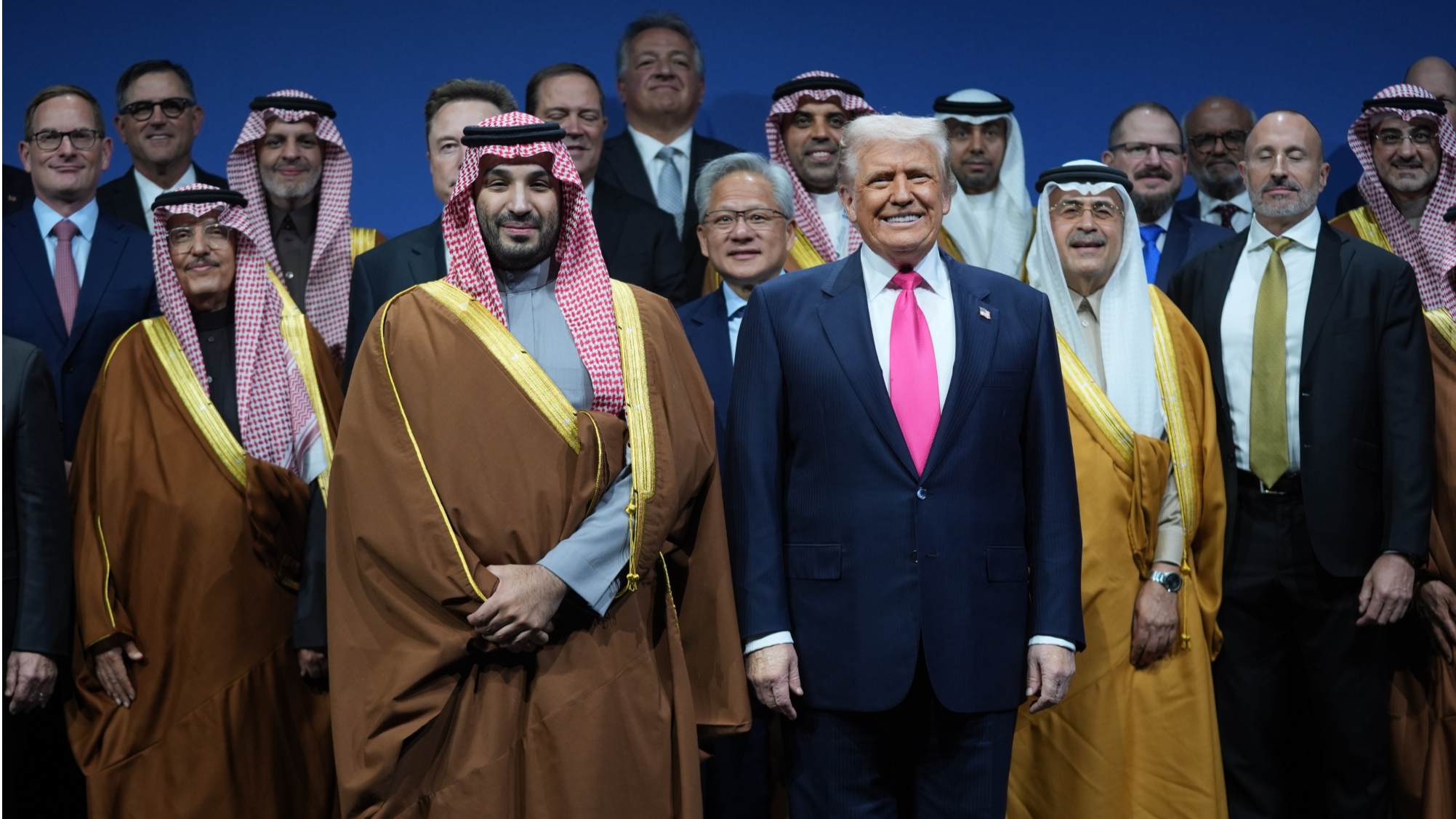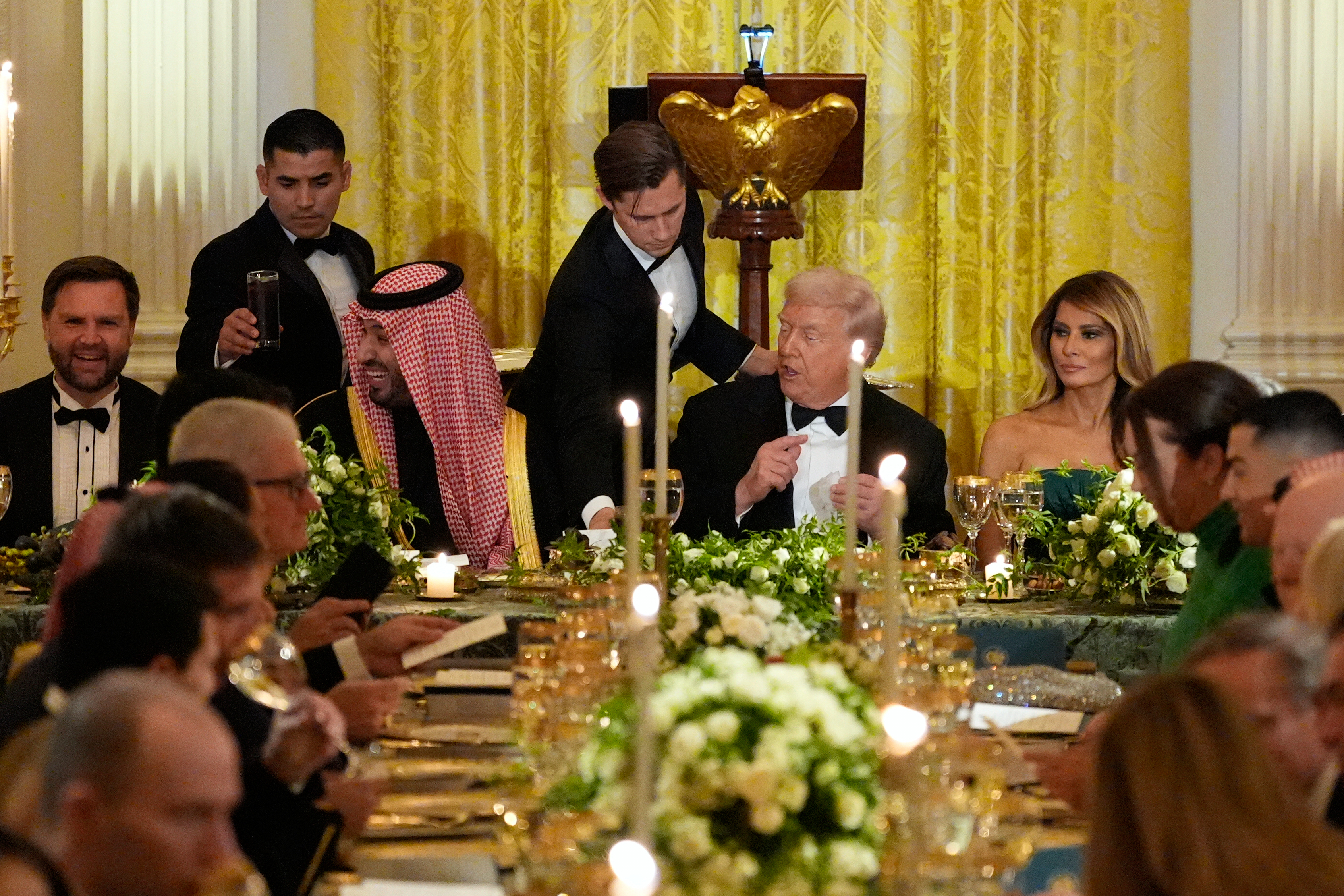
WASHINGTON - Riyadh will not normalize ties with Israel without "a clear path" to Palestinian statehood, Saudi Crown Prince Mohammed bin Salman Al Saud said during a visit to the White House on Tuesday.
He also pledged a $1-trillion investment in the United States, and sought a defense pact and big purchases of F-35 jets and advanced AI chips.
Palestinian statehood
"We want to be part of the Abraham Accords, but we also want to be sure that we secure a clear path to a two-state solution," the prince said in a joint press conference with US President Donald Trump at the White House.
He said Saudi Arabia wants Israelis and Palestinians to "live in peace," and normalizing relations must be tied to credible progress toward Palestinian statehood.
ALSO READ: Trump says to sell F-35s to Saudi Arabia
Trump, who brokered the original Abraham Accords in his first term, has repeatedly said he hopes Saudi Arabia will join the US-backed framework soon.
Analysts said a breakthrough in the near future remains unlikely, given Israeli Prime Minister Benjamin Netanyahu's continued rejection of a Palestinian state and Israel's national elections next year.
Investment pledge
At the White House, Mohammed pledged to raise Saudi Arabia's planned investments in the United States to $1 trillion dollars, up from the $600 billion announced during Trump's trip to Riyadh in May.
"Today and tomorrow, we announced that we are going to increase that 600 billion to 1 trillion dollars for investment, real investment and real opportunity," he said. The new figure roughly equals the size of Saudi Arabia's entire sovereign wealth fund.
The prince added that the kingdom plans to spend about 50 billion dollars on semiconductors in the short term, saying Saudi Arabia has "a huge demand for unique computing power" and "AI is critical for us" to keep the Saudi economy growing.

According to the New York Times, the new pledge is unlikely to materialize anytime soon, considering Saudi Arabia's current cash crunch due to lower oil prices and already heavy domestic spending on a number of megaprojects.
Bloomberg reported that as part of a US-Saudi artificial intelligence agreement, the Trump administration is preparing to approve the export of a significant number of high-end AI chips to Saudi AI firm Humain, whose chief executive reportedly said last month that the company aims to deploy as many as 400,000 AI chips by 2030.
Trump said on Tuesday he believed a US-Saudi nuclear deal, which Riyadh has long hoped for, could happen in the future.
"I could see that happening. It's not urgent," Trump told reporters.
Defense deal
After their public remarks, Trump and the crown prince held private talks. US media said their discussions ranged from the civil war in Sudan to the fragile cease-fire in Gaza, but the core agenda was a bilateral defense arrangement. During the visit, Trump designated Saudi Arabia a major non-NATO ally of the United States.
It is widely expected that during the prince's visit, Washington and Riyadh will sign a security agreement that does not require congressional approval. Under the proposed terms, the United States would commit to defend Saudi Arabia through diplomatic, economic and, if necessary, military measures, without obligating the kingdom to protect US assets.
READ MORE: US to lift ban on offensive weapons sales to Saudi Arabia
One day ahead of the prince's White House visit, Trump announced that he plans to sell F-35 stealth fighters to Saudi Arabia, the first such sale to a Middle East country other than Israel.
On Tuesday, together with Mohammed, Trump said both Saudi Arabia and Israel are "close allies" of the United States and both "should have the most advanced fighter jets."
According to US media, US officials said Israeli counterparts have privately urged Washington to link the F-35 sale to progress on the Saudi-Israel normalization, though they have not publicly opposed the deal.

On Wednesday, a high-profile bilateral investment forum will be held in Washington. US media said the two sides may sign various agreements on artificial intelligence, health care, infrastructure, energy and financial services.
For Trump, facing domestic political pressure tied to the Epstein scandal and other challenges, the meeting offered a chance to revive his image as a global dealmaker, local analysts said.
And for Mohammed, it was an opportunity to reintroduce himself in Washington as an indispensable partner in a turbulent region, as well as a potential mediator on issues ranging from Gaza to dialogue with Iran, they said.


